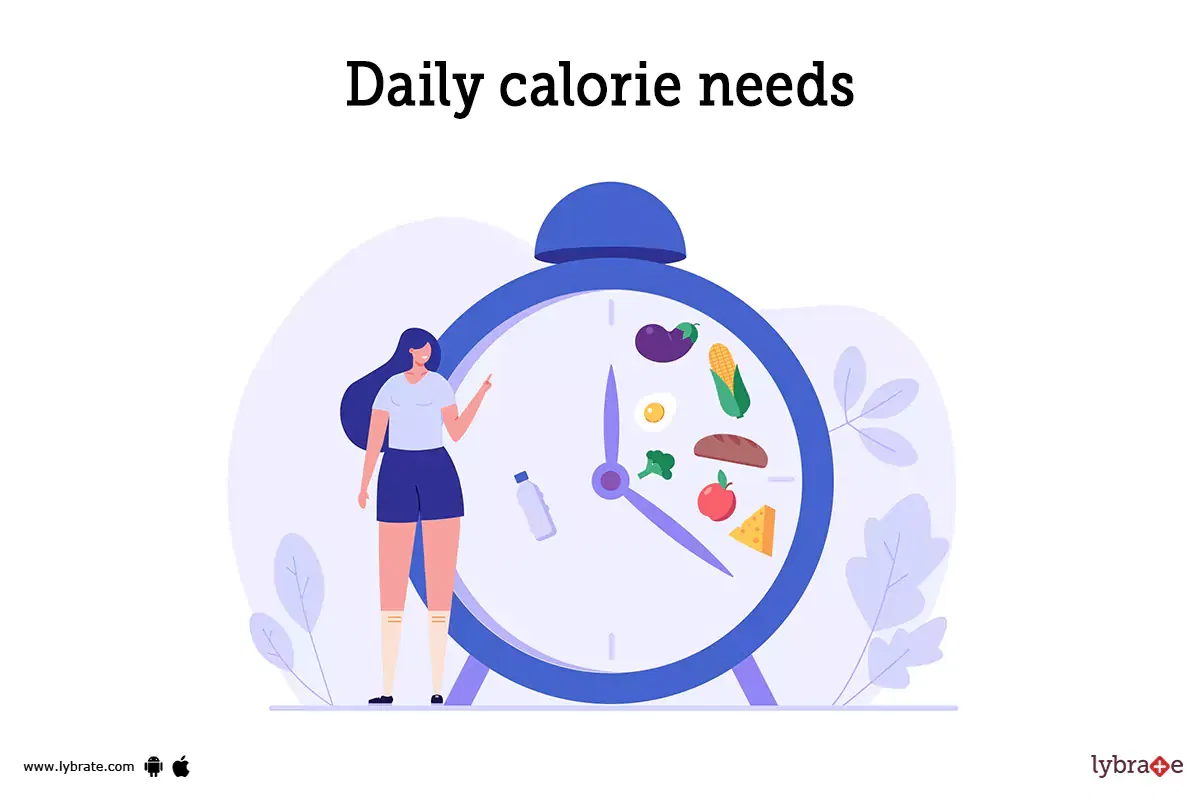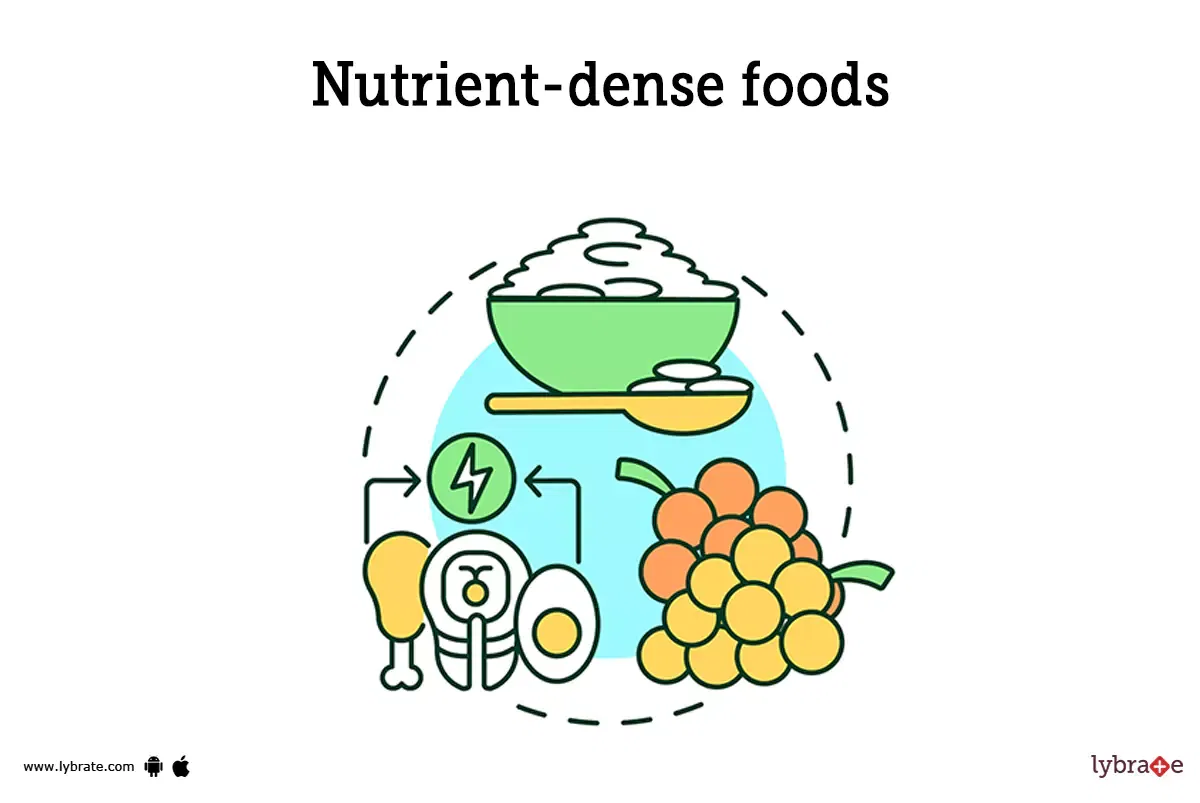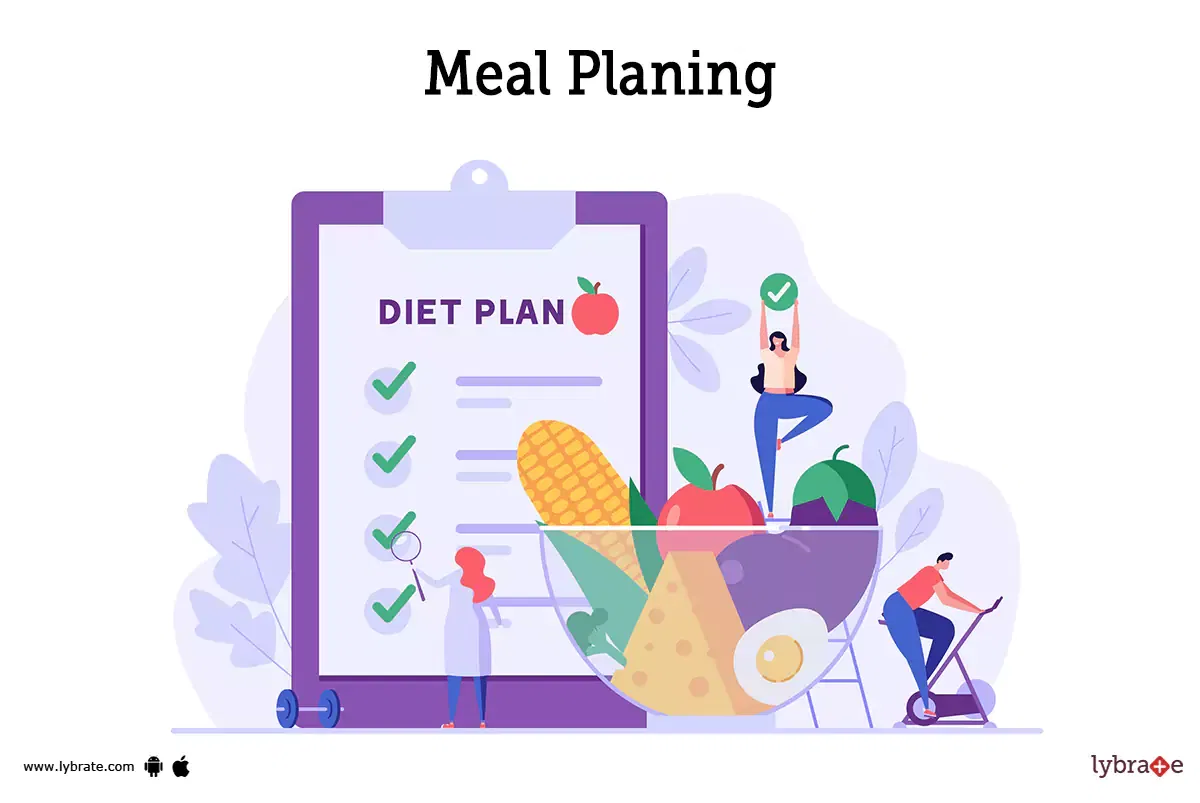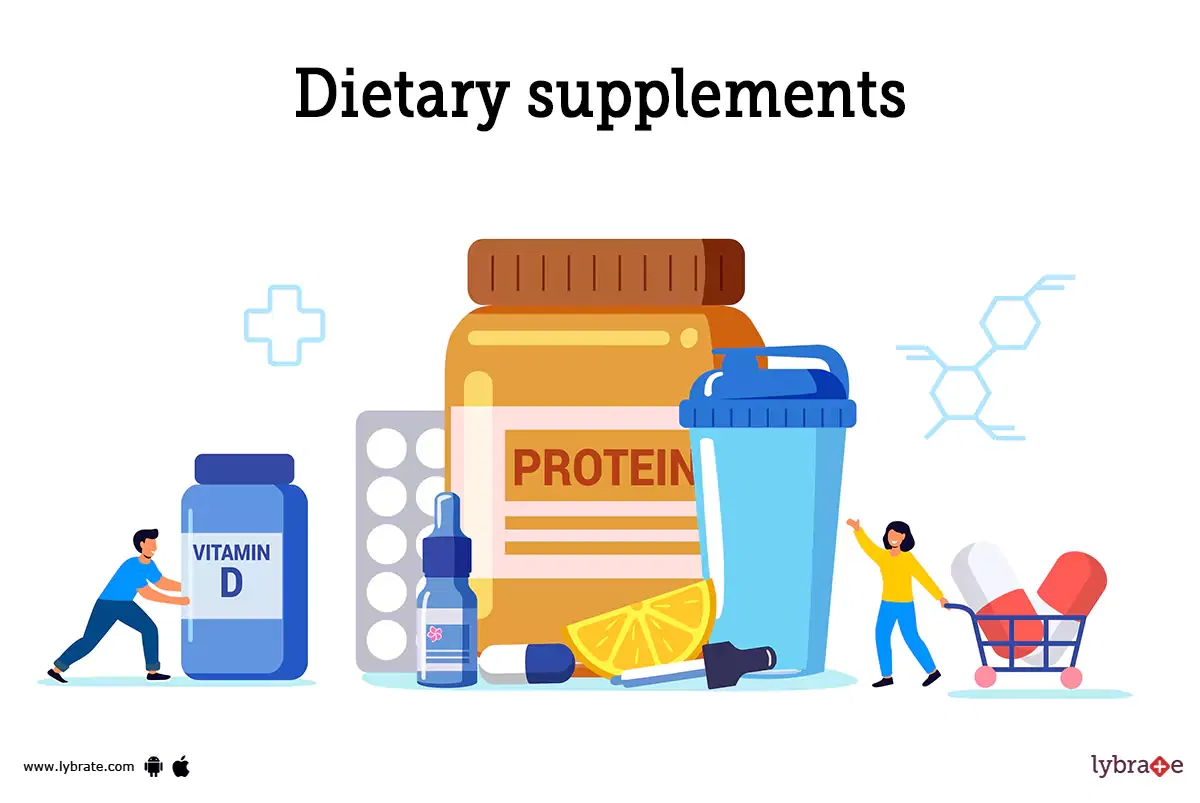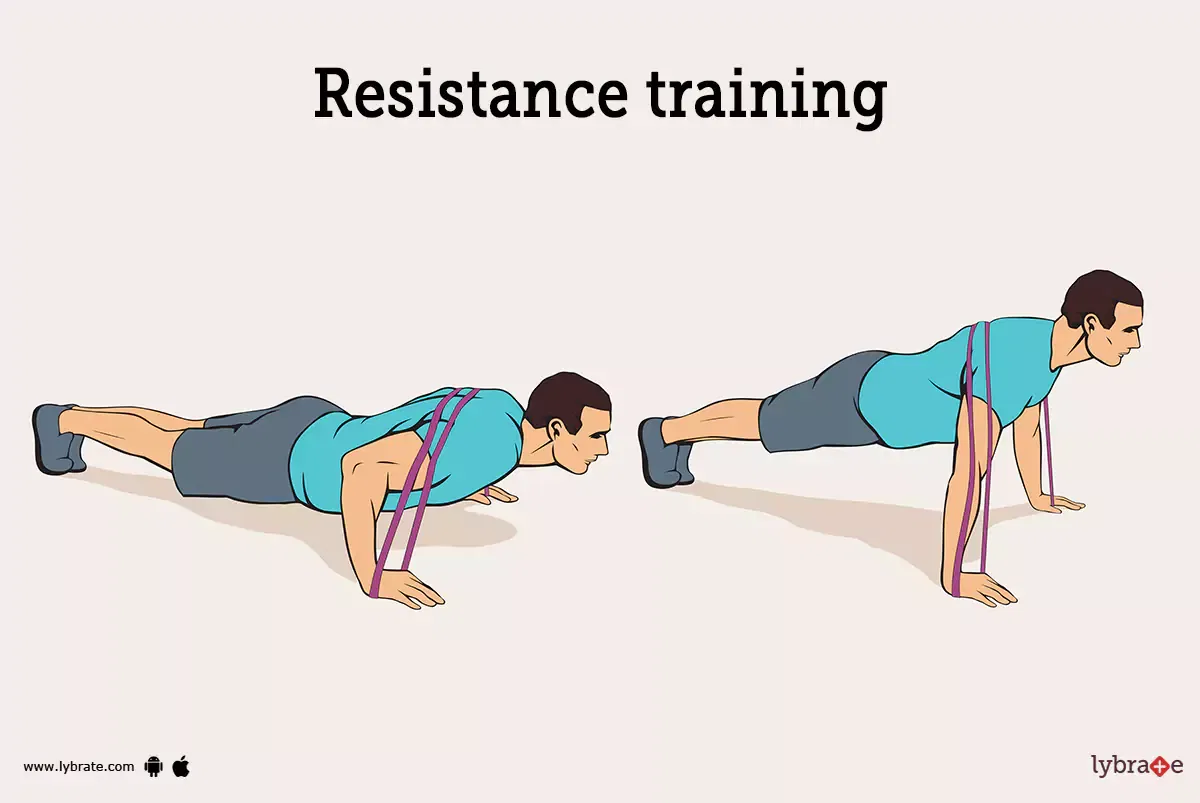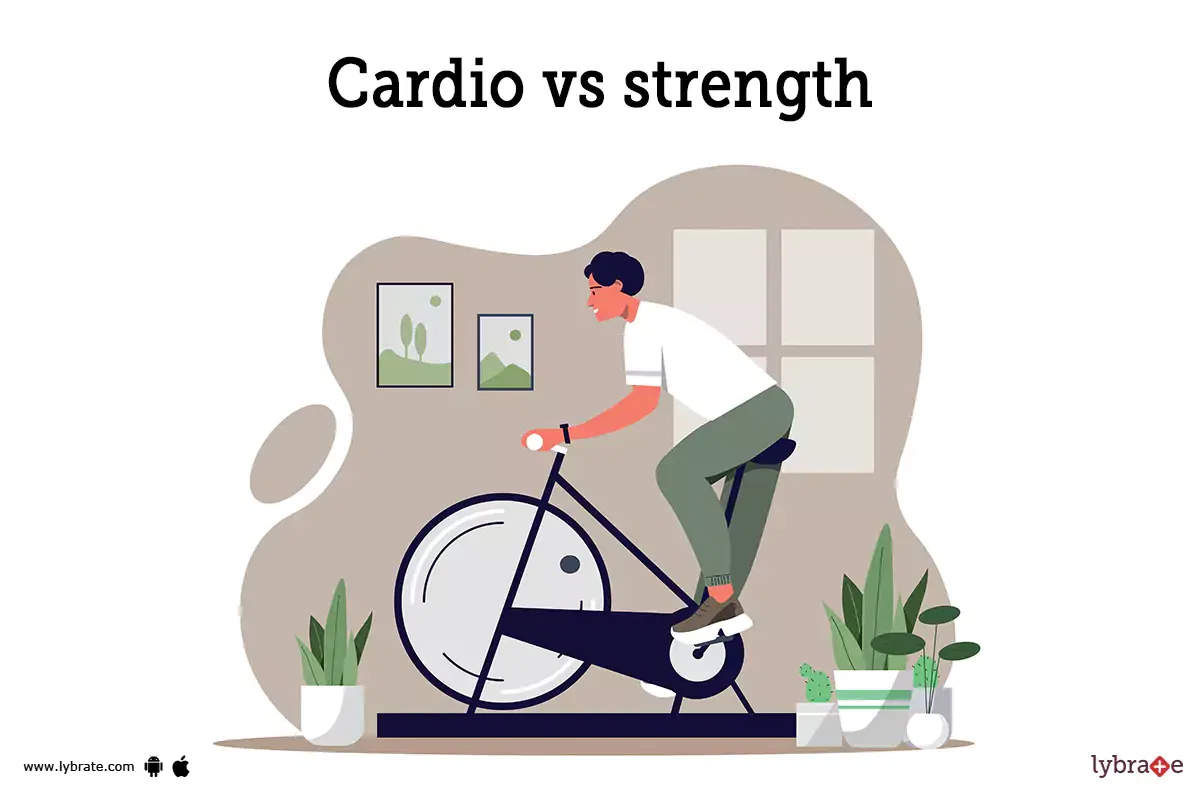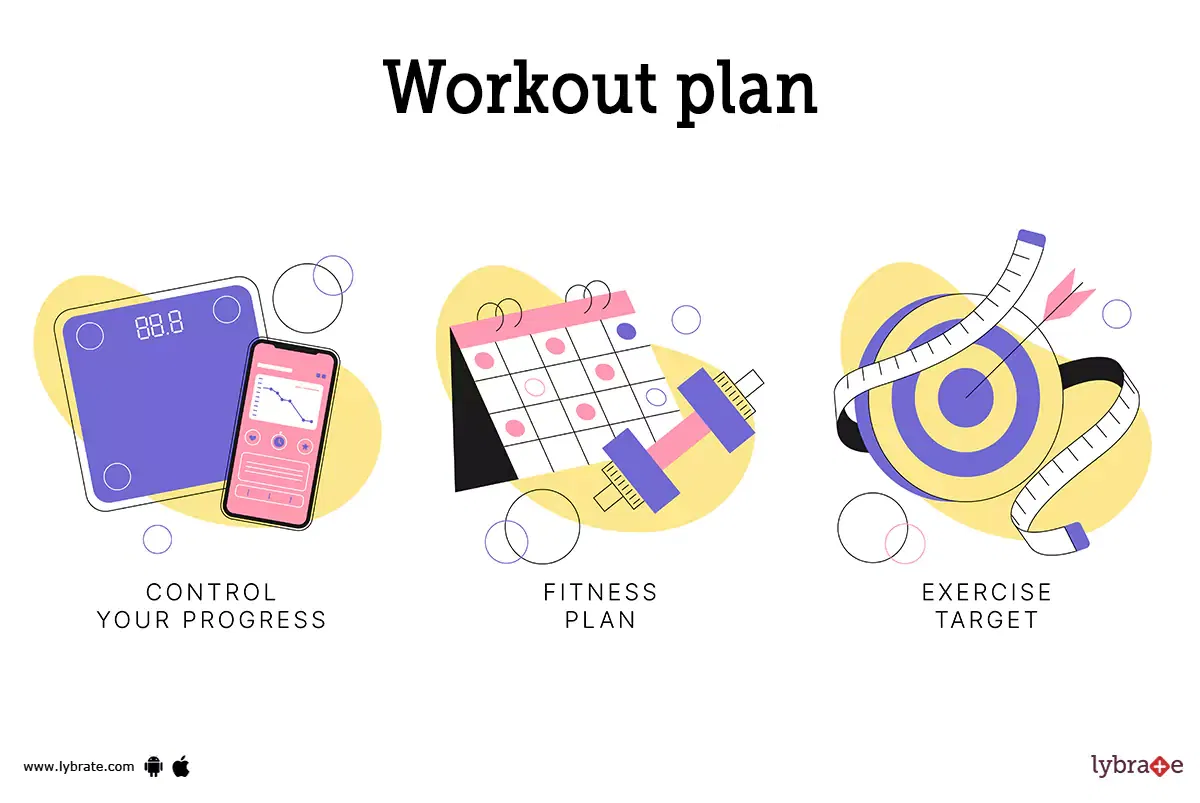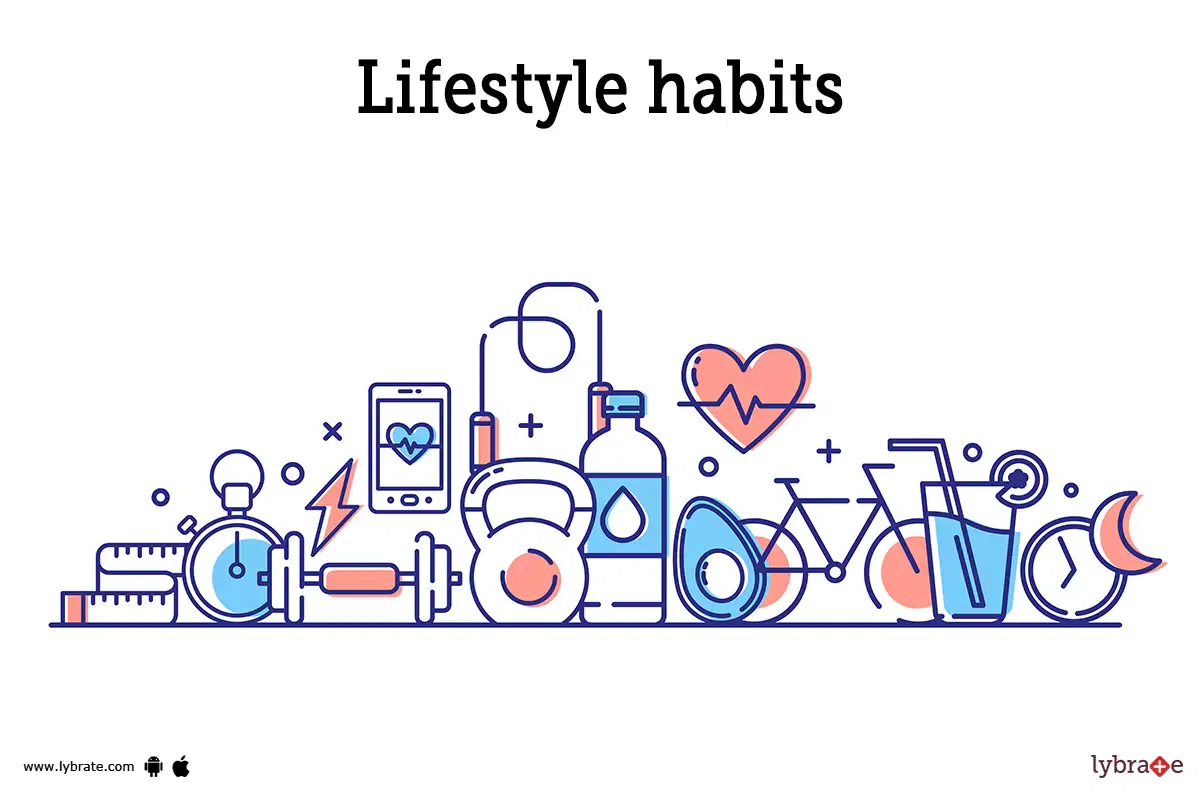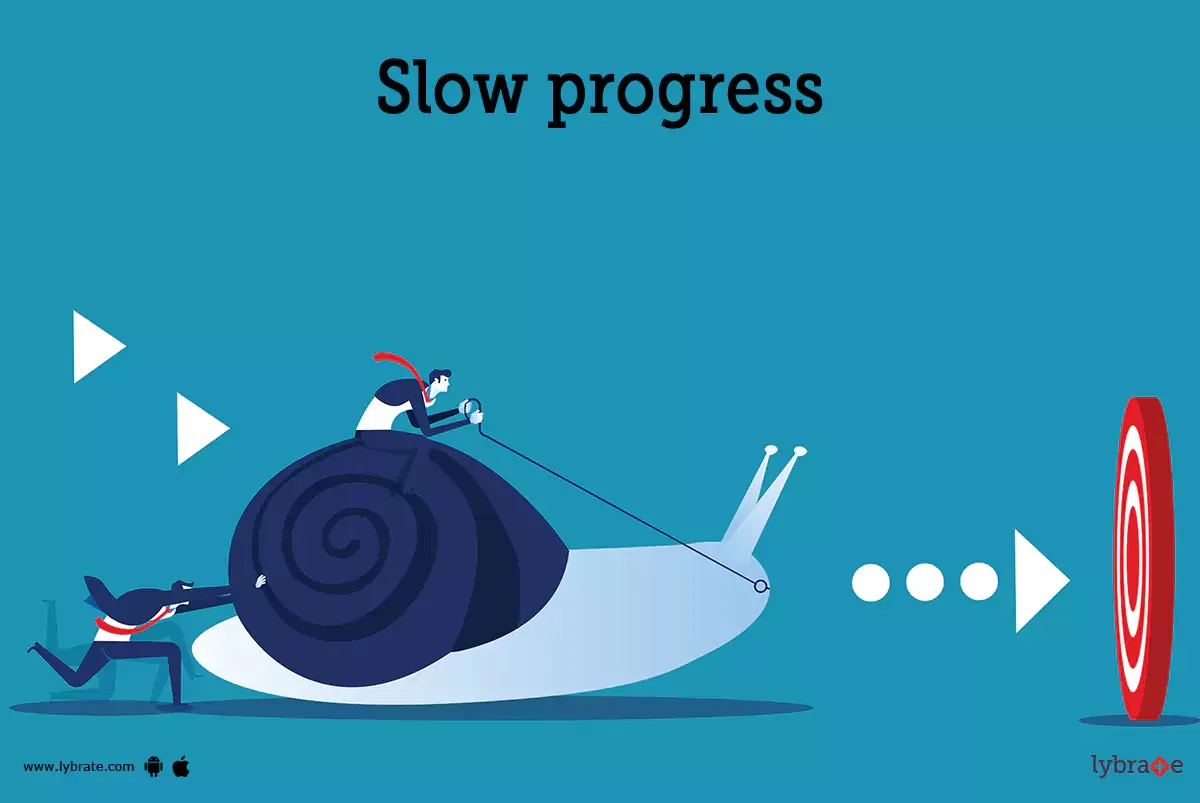How To Gain Weight
If you're struggling to add some healthy pounds to your frame and improve your overall appearance and strength, you're not alone.
Gaining weight can be just as challenging as losing weight, but with the right approach, it is possible to increase your weight in a healthy and sustainable way. Whether you're naturally thin or have a fast metabolism, there are a variety of strategies you can use to build muscle mass and achieve your desired weight.
In this article, we'll provide tips and techniques on how to gain weight and improve your muscle mass, so you can feel confident and strong in your own skin.
Part
1
Diet for weight gain
It's crucial to concentrate on your diet and ensure that you're getting enough calories and nutrients to support muscle growth and healthy weight gain if you're attempting to gain weight.
You can successfully gain weight and develop muscle mass by following the food advice we'll cover in this article.
1
Daily calorie needs
- Determine your basal metabolic rate (BMR) and daily calorie needs using an online calculator or by consulting a healthcare professional
- Add an additional 500-1000 calories per day to your BMR to support weight gain
- Keep in mind that weight gain should be gradual, with a goal of gaining about 0.5-1 pound per week
2
Nutrient-dense foods
- Choose foods that are high in protein, healthy fats, and complex carbs to support muscle growth and overall health
- Examples include meats, eggs, dairy products, nuts, seeds, whole grains, and vegetables
- Avoid empty calories from processed foods and sugary drinks
3
Increasing your appetite
- Eat regular, balanced meals and snacks to keep your hunger hormones in check
- Drink plenty of water and stay hydrated
- Eat slowly and take breaks between bites to allow your body time to register fullness
- Avoid distractions while eating, such as watching TV or using your phone
4
Meal planning
- Plan out your meals and snacks in advance to ensure you're getting enough calories and nutrients
- Make use of leftovers and batch cooking to save time and effort
- Have wholesome snacks on hand for on-the-go
5
Dietary supplements
- Consider adding supplements to your diet if you have difficulty meeting your calorie and nutrient needs through food alone
- Options include protein powders, weight gainers, and meal replacement shakes
- Before beginning any supplement regimen, seek medical advice
- Remember that supplements are not a replacement for a healthy, balanced diet
Calculating your daily calorie needs and choosing nutrient-dense foods can help you meet your weight gain goals and ensure you're getting all the essential vitamins and minerals your body needs. Meal planning and tracking your intake can also be helpful in ensuring you're meeting your calorie goals and making progress. And for some people, supplements may be a useful addition to their weight gain diet.
Part
2
Exercise for weight gain
Exercise is a key component of any weight gain journey, as it can help build muscle mass and boost metabolism. Resistance training is especially effective for building muscle mass, while cardio can have a positive impact on overall health and fitness. But how exactly can exercise support weight gain and muscle building?
In this article, we delve into the details and provide tips on maximizing the benefits of exercise for your weight gain goals.
1
Resistance training
- Involves using weights or other forms of resistance to challenge your muscles and stimulate growth
- Can be performed with free weights, equipment, or bodyweight exercises
- Focus on different muscle groups throughout each of your three to four resistance training sessions per week
2
Cardio vs. strength
- Cardio exercise, such as running or cycling, can improve cardiovascular health and burn calories
- The fact that it can also boost calorie expenditure suggests that it might not be the ideal option for weight gain
- For gaining muscle mass and boosting metabolism, strength exercise is more effective
- Incorporating both types of exercise can be beneficial for overall health and fitness
3
Workout plan
- Plan out your workouts in advance, including the type and duration of each session
- Change up your workouts to keep things fresh and prevent monotony
- Gradually increase the intensity and difficulty of your workouts as you progress
- Be sure to give yourself enough time to relax and recover in between sessions
4
Motivation
- To maintain motivation and monitor your progress, set concrete, attainable goals
- To increase accountability and social support, find a workout partner or enroll in a class
- Try out various workouts to see which ones you enjoy
- Reward yourself when you achieve goals and milestones
5
Rest and recovery
- After workouts, give your muscles time to recover and grow
- Get enough rest to promote muscle development and recuperation
- Consider using recovery techniques such as foam rolling or massage to aid in muscle recovery
- Don't overdo it - it's important to listen to your body and avoid overtraining
Resistance training, in particular, has been shown to be effective in increasing muscle size and strength. While cardio exercise can be helpful for overall health and fitness, it may not be the best choice for weight gain as it can also increase calorie burn.
Crafting a well-rounded exercise plan with a focus on intensity and progression, as well as ample rest and recovery time, is crucial for success.
Part
3
Lifestyle for weight gain
In addition to diet and exercise, your lifestyle habits can also impact your ability to gain weight and build muscle mass. Stress management and sleep quality, in particular, can have a significant influence on your body's metabolism and hormone levels.
So, let’s discuss the role of stress management, sleep, and other habits in weight gain and learn some tips for optimizing your lifestyle for healthy weight gain.
1
Stress management
- Chronic stress can interfere with weight gain by disrupting appetite and metabolism
- To manage tension, try stress-relieving exercises like yoga, meditation, or deep breathing
- Take breaks, get enough rest, and engage in physical activity to lower stress and enhance general wellbeing
2
Sleep quality
- For muscular healing and growth, adequate sleep is crucial.
- Sleep for 7-9 hours every night
- Make your bedroom calm, cold, and dark to promote restful sleep
- Stay away from coffee and screens before bed
3
Lifestyle habits
- Adopt healthy habits such as regular meals, staying hydrated, and avoiding tobacco and excessive alcohol consumption
- Engage in activities you enjoy and find ways to relax and de-stress
- Look for social support and create a network of people who can encourage and support you
- Make time for self-care and prioritize your own well-being
Adopting healthy lifestyle habits can be an important factor in supporting your weight gain goals. By managing stress, getting quality sleep, and engaging in self-care activities, you can improve your overall well-being and optimize your body's ability to gain weight and build muscle mass.
Remember to prioritize your own needs and make time for relaxation and enjoyment, in addition to focusing on diet and exercise. By taking care of yourself and adopting healthy habits, you'll be well on your way to achieving your weight gain goals.
Part
4
Weight gain challenges
- Gaining weight and building muscle mass can be a challenging journey, and it's not uncommon to encounter obstacles and setbacks along the way.
1
Slow progress
- Weight gain should be gradual, with a goal of gaining about 0.5-1 pound per week
- If you're not seeing progress, review your diet and exercise plan and make adjustments as needed
- Think about seeking advice from a qualified dietician or healthcare provider
- Don't get discouraged - progress may be slower for some people due to factors such as metabolism, age, or genetics
2
Setbacks
- It's normal to have setbacks or slip-ups on your weight gain journey
- Don't let one setback stop you from making progress; get back on course and keep your eyes on the prize
- Keep in mind that gaining weight is a process, so it's crucial to be persistent and patient
3
Support
- Having a support system can be crucial in overcoming challenges and staying motivated
- Share your goals with friends and family and ask for their support
- Consider joining a weight gain support group or finding a workout buddy to help keep you accountable
4
Self-doubt
- It's normal to have self-doubt or negative thoughts at times, but it's important to challenge those thoughts and stay positive
- Keep in mind that growth takes time, and it's acceptable to make errors or experience setbacks
- Don't compare yourself to others; instead, concentrate on your own accomplishments and talents
5
Celebrating progress
- Celebrate your advancements and accomplishments along the way.
- Set manageable, minor goals, and treat yourself when you accomplish them
- Remember to be kind to yourself and recognize that progress is not always a straight line
Slow progress, plateaus, and setbacks can be frustrating and demotivating, but it's important to stay positive and keep moving forward. Seeking support and building a network of people who can motivate and encourage you can be helpful in overcoming challenges and staying on track.
Part
5
Conclusion
With the appropriate attitude, food, and workout routine, you can gain weight and bulk up. By focusing on nutrient-dense foods, incorporating resistance training, and adopting healthy lifestyle habits, you can increase your weight in a healthy and sustainable way.
It's also important to manage stress and prioritize sleep, as well as seek support and stay positive when facing challenges. With patience, consistency, and dedication, you can successfully achieve your weight gain goals and improve your overall health and well-being.
Gurgaon!
Reference
Table of Content
Written and reviewed by
Hina Firdous
PhD (Pharmacology) Pursuing, M.Pharma (Pharmacology), B.Pharma - Certificate in Nutrition and Child Care
Ask a free question
Get FREE multiple opinions from Doctors

